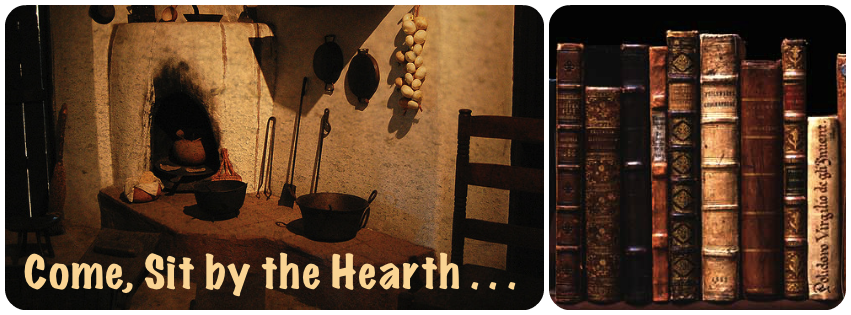By Christopher Beam
A new article in the Columbia Journalism Review discusses the differences between political journalism and political science. What if academics started writing the news?
A powerful thunderstorm forced President Obama to cancel his Memorial Day speech near Chicago on Monday—an arbitrary event that had no affect on the trajectory of American politics.
Obama now faces some of the most difficult challenges of his young presidency: the ongoing oil spill, the Gaza flotilla disaster, and revelations about possibly inappropriate conversations between the White House and candidates for federal office. But while these narratives may affect fleeting public perceptions, Americans will ultimately judge Obama on the crude economic fundamentals of jobs numbers and GDP.
Chief among the criticisms of Obama was his response to the spill. Pundits argued that he needed to show more emotion. Their analysis, however, should be viewed in light of the economic pressures on the journalism industry combined with a 24-hour news environment and a lack of new information about the spill itself.
Republicans, meanwhile, complained that the administration has not been sufficiently involved in the day-to-day cleanup. Their analysis, of course, is colored by their minority status in America's two-party system, which creates a strong structural incentive to criticize the party in power, whatever the merits.
At the same time, Obama's job approval rating fell to 48 percent. This isn't really news, though. Studies have shown that the biggest factor in a president's rating is economic performance. Connecting the minute blip in the polls with Obama's reluctance to emote or alleged failure to send enough boom to the Gulf is, frankly, absurd.
Democrats have also slipped in their standing among "independent voters." That phrase, by the way, is meaningless. Voters may self-identify as "independent" but in almost all cases they lean toward one party.
Poll numbers also confirmed that Americans are in an anti-incumbent mood. … Ha! Just kidding. The anti-Washington narrative was concocted by dominant media outlets based on the outcomes of a statistically insignificant handful of largely unrelated races. Sorry.
Still, Democrats hope that passing health care and financial regulatory reform will give them enough momentum to win in November. Unfortunately, there's little relationship between legislative victories and electoral victories. Also, what the hell is "momentum"?
Prospects for an energy bill, meanwhile, are looking grim, since Obama has spent all his political capital. He used to have a lot. Now it's gone. Why winning legislative battles builds momentum but saps political capital, I have no idea. Just go with it.
Possible "game changers" for Obama include plugging the oil leak, peace between the Palestinians and Israelis, and World War III, although these events would be almost entirely outside Obama's control.
Looking ahead to 2012, Republicans need a candidate who can shake up the electoral map, which currently consists of "red states" and "blue states," even though there's not much difference.
The GOP—a stupid acronym we use only so we don't have to keep repeating the word Republican—will have to decide between a moderate "establishment" pick and a more conservative Tea Party favorite. In reality, both candidates would embrace similar policies in the general election.
That candidate will then face off against Obama, whose charisma, compelling personal story, and professional political operation will prove formidable. Actually, Obama will probably win because he's the incumbent. And because voters always go with the guy who's taller.
Christopher Beam is a Slate political reporter.
Copyright 2010 Washingtonpost.Newsweek Interactive Co. LLC
http://www.slate.com/id/2256068/

No comments:
Post a Comment